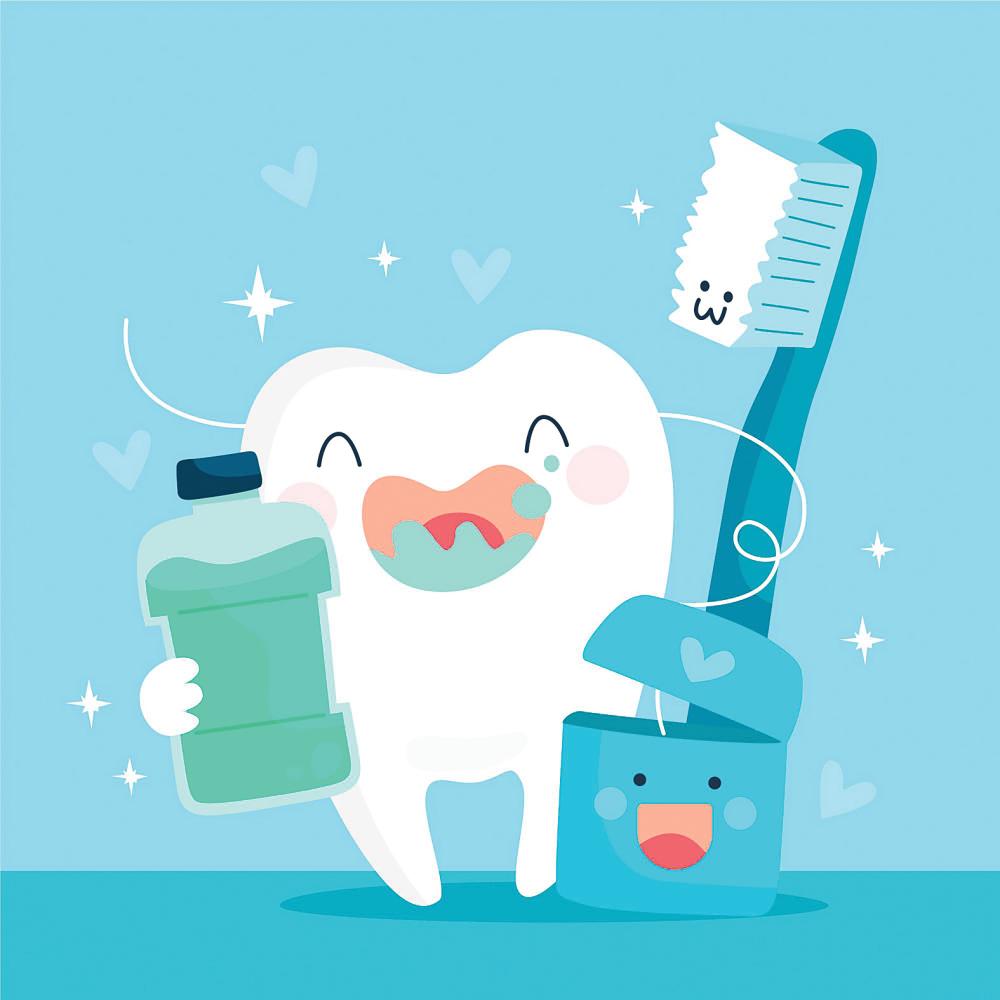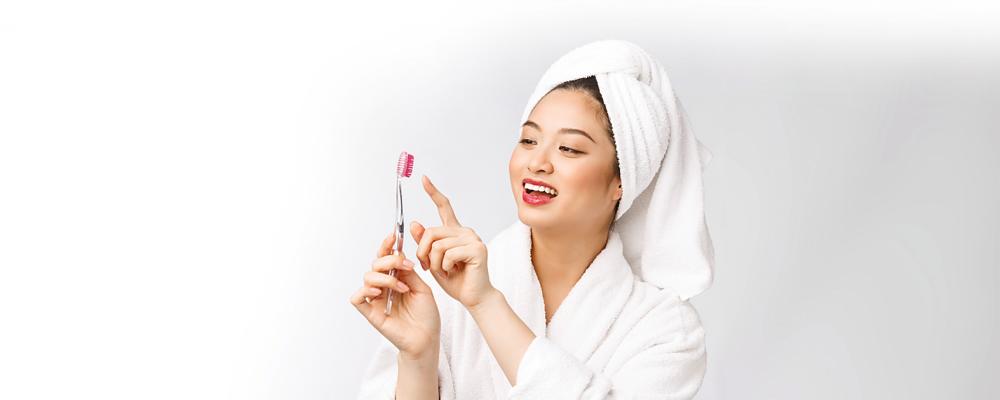EVERY morning, we wake up, brush our teeth, and go to work. At night before we sleep, we brush our teeth and go to bed. Since we were young, we were taught to brush twice a day, but what about the nuances and rules of teeth brushing? Did you know that bad brushing habits can actually wear away your gums and cause gum recession, which contribute to tooth sensitivity? As we look forward to the next year, here are the bad brushing habits to leave behind to get a healthier smile.
1. Not changing your toothbrush frequently enough
A brand new toothbrush or a replacement head for electric toothbrushes is engineered to remove bacteria and plaque buildup on teeth. After months of daily use, the bristles of your toothbrush will wear out and warp, becoming less effective at removing foreign matter from tooth enamel. Did you know that a single toothbrush can have over 10 million germs and bacteria present? In addition to oral bacteria, old toothbrushes also contain larger amounts of fungus, mould, and microorganisms that can negatively impact your oral health, so it is recommended that you change your toothbrush at least once every three months, and the head of your electric toothbrush every four months.
2. Not brushing long enough
Yes, most of us have experienced rushing in the morning to go to work, but that’s no reason to brush inadequately. Your teeth should be brushed for a full two minutes, and the average time most people spend brushing is 45 seconds. If you’re racing through cleaning, try setting a timer. Start by tilting the toothbrush at a 45-degree angle to the gum line against your teeth and move your toothbrush in small circular movements. After you’ve covered the outer side of your teeth, don’t forget the insides! Remember to brush the biting surfaces as well as tilting your toothbrush vertically for the insides of the incisors.
3. Rinsing after brushing
Although most of us will have a natural strong desire to rinse out our mouth with water after brushing, rinsing your mouth can prematurely wash out the fluoride that is working on your teeth. The fluoride in toothpastes need a bit of extra time on the surface of your teeth for you to get their full benefit like strengthen your tooth enamel. So after brushing, just spit out any excess saliva or toothpaste and avoid eating or drinking for at least 10 minutes. Using a mouthwash that contains fluoride can help prevent tooth decay, but don’t use mouthwash (even a fluoride one) straight after brushing your teeth or it’ll wash away the concentrated fluoride in the toothpaste left on your teeth. Instead, you can choose a different time to use mouthwash, such as after lunch.
4. Neglecting gum and tongue hygiene
You might think brushing your teeth is enough, but don’t forget that your your tongue and gum makes up your oral hygiene as well. Flossing removes the plaque from below the gumline of your teeth and maintains healthy gums. Using toothpicks can actually damage your teeth and gums, and is not a substitute for flossing. Of course, good flossing technique is key, so always move the floss in between your teeth gently without irritating the gumline. As for your tongue, use a tongue scraper to clean your tongue after brushing as that will reduce the number of germs in your mouth and prevent bad breath.
5. Brushing too hard
The most common mistake people make when brushing their teeth is thinking that harder means cleaner. In fact, brushing too hard can wear out your tooth enamel and gums and cause tooth sensitivity. It can damage your delicate gum tissue, which can lead to gum recession over time, causing painful issues like gingivitis or gum disease. Use soft-bristle toothbrushes. To put less pressure on your teeth, try using your thumb and two fingers only, instead of a clenched fist when brushing.










